How you choose to promote an event can have a direct impact on how successful that event is.
For brands that have an established place in the online hierarchy, their event promotion efforts don’t have to be particularly intense or creative.
Events like Inbound are already established enough to earn a certain level of attention.
But if this is your first event, or your brand has yet to be seen as an online authority, you’re going to need every trick in the book to stand out.
That’s why I put together this guide to event promotion.
Armed with this, your online promotion efforts are going to help drive meaningful engagement and, ideally, increase attendance.
Create content that promotes your event
No matter what kind of event you’re promoting online, letting it exist in a vacuum is never a good idea.
What I mean by that is your content marketing efforts should overlap with the event you’re promoting.
Let’s say that your brand or business has a weekly podcast. It’s crucial that you take time during that podcast to plug your event.
In general, you shouldn’t miss an opportunity to promote an event of yours on a platform you control, particularly when you’re dealing with a targeted audience.
TechCrunch has a fantastic CTA on their site that leads you to their event.
But, beyond that, it’s important to recognize the practicality of this approach.
To put it frankly, even the most dedicated audiences get busy.
They may have wanted to keep up with all your content, but simply missed your official announcement of the event.
That’s why TechCrunch created content that promotes their events.
Their content offers tangible value, but it never feels purely self-promotional.
And that’s just the tip of the iceberg.
If you want, you can create blog posts that discuss information relevant to the event.
You can go one step beyond that and create unique videos for the event like Inbound has.
Whether it’s a collage of previous attendees at old events or a video of past speakers, what matters is that your content is making people aware of your event.
If you want to keep people interested and make sure they actually show up, you’ll need to create compelling promotional content.
Add your event to your email signature
Okay, I know what you’re thinking.
“Neil, this is corny/excessive/unnecessary.”
These complaints usually come from people who have been on the receiving end of lame email signatures.
Trust me, I get it.
And make no mistake, email signature event promotions can look downright cringeworthy when done poorly.
But if done tastefully, an email signature can pique your audience’s interest and compel them to click through to your site.
Something as simple as this Bizzabo signature can encourage a reader to click to learn more about your event.
The go-to rule here is to avoid an email signature that’s too long or tedious.
An email signature can be a simple yet professional way to promote your event every time you send an email.
Use email lists to your advantage
I’m a huge believer in the power of leverage.
One of the main reasons that I encourage businesses and brands to offer value is that it helps you gain an interested audience.
Let’s say that you’ve taken a page out of my book and created content so valuable that your competitors would have made people pay for it.
Here’s an example of a signup form for a webinar where I teach how to skyrocket your traffic through SEO:
If you gave that away for free, with the only expectation being that they sign up for your newsletter, you’ll grow a strong email list.
Not only will you get plenty of email signups, but the vast majority are probably going to be active emails as opposed to dead links.
Why?
Simple. When you offer major value, people take notice.
If your content is valuable, people will care. And when people are receiving value, they’re more likely to keep following your newsletter.
Of course, all this is great, but it doesn’t answer why email lists are so important to your marketing strategy.
Let’s face facts. Having your own list of targeted leads can be a pretty powerful marketing tool.
And promoting your event via that email list is the perfect chance to offer your followers even more meaningful value.
Promoting your event via email is actually pretty straightforward.
2-3 months before your event, you can send out your official invitation to your email list.
An effective invitation has three major components.
- It covers the major event details (important speakers, location, etc.).
- It shows what the attendees will gain from going to your event.
- It is brief, personal, and to the point.
From there, you should periodically remind people about the event, but don’t overdo it. A clear reminder in your weekly newsletter should get the job done.
When you provide people with valuable information by letting them know you have a relevant event coming up, you’ll only reinforce the validity of your email list.
Create a unique event page
Make no mistake. Having a unique event page on your website is a massively important step. It helps people take you seriously, and it becomes a hub for event information.
Just take a look at what TechCrunch did with their Disrupt event.
There’s no need to make it something incredibly fancy. What matters is that it clearly lists all the relevant information about your event.
That means you’re providing visitors with an FAQ section to address any issues they might be wondering about.
You should also have a list of any important guests and speakers that’ll be presenting during your event.
My favorite aspect of creating a unique page for an event is that you can create trackable URLs for your website and landing pages.
Why does this matter?
Simple. With trackable URLs, you can collect data on which methods of promotion are working the best, and you’ll be able to determine which method has the highest ROI.
Share on Facebook
You can’t talk about online promotion without addressing the importance of your social media accounts.
If you’re looking for a place to get started, Facebook is likely going to be your best bet.
And it’s no surprise why. With 2 billion monthly active users, Facebook is by far the platform with the biggest overall reach available.
But how do you actually go about promoting an event with it?
Well, first you’ll want to create an event page on Facebook.
Take a look at the Inbound 2017 event page.
Whether you’re a fan of the Facebook event page system or not, there’s no getting around the fact that you get plenty of useful tools to use when you create a page.
My favorite aspect of the event page on Facebook is that it helps you build a unique space for your community to stay updated on your event.
Plus, there’s a variety of other things you can do with an event page on Facebook.
- You can add images and videos.
- You can update event details.
- You can keep a list of who’s attending.
- You can remind users about the event as it gets closer.
Share on LinkedIn
Promotion on LinkedIn might not seem particularly important, but your LinkedIn community can end up.
LinkedIn is all about creating and leveraging professional connections.
While the average person might think of LinkedIn only as a tool for finding a new job or filling in a position, this platform also has plenty of potential for things like event promotion.
There are a few different ways that you can do this, but they all revolve around the proper creation of a LinkedIn profile.
Even if you’re a small business, there’s no reason you shouldn’t create a LinkedIn page for your company.
Not only do you get to post updates for your followers, but you’ll also get to participate in the Group feature on LinkedIn, which will be an invaluable tool in your promotion campaign.
Groups on LinkedIn revolve around a specific interest, which means that you’ll need to connect with fellow users over some common objective.
Maybe like going to an awesome event that you’re hosting.
Creating a group is actually pretty easy to do.
First, you’ll want to click on the “Work” tab in the top right corner and scroll down until you find the “Groups” tab.
Click on that and you’ll end up on the Groups page.
From there, you’ll want to find the “My Groups” tab on the top left and click it.
Stay with me now.
Now you’ll want to click on the “Create group” button on the left-hand side of the screen.
Last step. Fill in all the information below and you’ll be good to go.
See? That wasn’t so bad, was it?
I typically recommend that businesses start adding to their Groups via their current network on LinkedIn, to cast as wide a net as possible.
And it’s about more than just connecting with your followers.
On LinkedIn, it’s just as important to reach out to other speakers, sponsors, and media partners.
Basically, anyone who could have a positive impact on your event promotion efforts.
Your Groups shouldn’t be arbitrary here, by the way.
Make sure to explain to users exactly what your event is and why they should go.
Keep in mind that nothing in social media exists in a vacuum. To get the most out of any social media platform, you’ll want to make sure you’re not ignoring things like content creation.
Content creation on LinkedIn, in particular, can help promote your event indirectly.
Instead of focusing on creating content exclusively for the event, you should aim to create content that’s relevant and valuable to your audience.
What does that look like?
Well, you can create articles on industry topics, which can easily raise awareness for both your event and your overall brand as an online authority.
You can then share that content in your Group, in order to ensure that the Group isn’t just a glorified notification page.
Whether or not you make the Group open depends entirely on your goals with this page.
If you’re posting general information that you wouldn’t mind the average person knowing about, there’s an argument to be made about keeping the Group open.
But if you’re posting information that’s sensitive or something that you only want VIP members to have access to, you’ll want to keep the Group private.
Share on Instagram
Every social media platform has something unique to offer when it comes to online event promotion.
On the surface, Instagram might just look like the place you go to post a fun selfie or a short video.
But the reality of this platform is that you have an impressive potential for event promotion.
To be fair, there’s nothing wrong with just taking a cool picture for the entertainment value, like this one where Steph Curry was on stage last year.
But here’s an interesting scenario.
Let’s say that you’re orchestrating an event in 6 months. Your company has been putting this event on for years, which means your loyal fans know all about it.
Instead of surprising people with a location a few months before the event, why not get them in on the fun?
You can identify three or four different venues, post photos of each of them, and then encourage followers to like the venue where they’d prefer to see the event held.
You can go one step further and post a short video of the venue, along with a brief description of what makes it worth considering.
The key here is to incorporate a visual component into the event promotion, while also giving users the opportunity to engage with you in a truly meaningful way.
Speaking of meaningful engagement, I’m a huge fan of user-generated content (UGC), and there’s no better place for it than Instagram.
Even the simplest pictures help promote your event in a unique way, like this picture taken at last year’s Disrupt SF with Instagram user iammikechiang.
Any type of campaign has the potential to create hype for your event, but UGC brings something special to the table.
What do I mean by that?
The effectiveness of any UGC campaign relies on two things:
- Whether or not the campaign is legitimately engaging
- Whether or not users actually share with their social networks
Aside from allowing you to create content without actually having to do any of the creating, my favorite aspect of UGC is the potential for word-of-mouth marketing.
Having a compelling Instagram marketing campaign is great. But you know what’s even better?
A personal recommendation from one person to the next.
The average consumer is more likely to trust another consumer’s recommendation more than your company’s content. That’s because a fellow consumer doesn’t have a vested interest in making a sale.
One of Disrupt SF’s top posts last year was Instagram user ronreeser raving about a gift he received from JBL audio.
This is where UGC really shines.
If the campaign is compelling enough, users will share it on social media or personally recommend it to their friends online.
Not only does that increase overall exposure, but it opens the door for more people to seriously consider attending your event.
Share on Snapchat
Snapchat is a unique social media platform, in the sense that it’s easy to get started, but difficult to actually master.
We’re way past the point of thinking that Snapchat is some passing fad, especially with its 166 million average daily active users.
When it comes to event promotion, one of the most impressive aspects of this platform is its ability to reach a demographic that’s typically difficult to isolate.
Beyond that, Snapchat offers you the ability to give users a behind-the-scenes look at the process of putting an event together.
Need some ideas of what to share?
Publish a few snaps about the planning phases of your event.
You could even just publish a list of the speakers scheduled to be there.
The key here is that you’re raising awareness for your event, while also giving your followers content they wouldn’t find anywhere else.
Embrace the power of the contest
Okay, I get that this might sound a bit silly, but hear me out!
Social media contests might be nothing new, but their potential for raising awareness about your event is undeniable.
The implementation of this can actually be pretty straightforward.
The contest offers tickets to the winner, with the only criteria being that they share the event on their own social media page to qualify.
Social Media Examiner used a similar approach with their Social Media Marketing World 2017 event.
It’s easy for your audience to get involved, and the exposure alone is worth the free ticket.
But why stop there? You can combine UGC with this giveaway and get content and promotion at the same time. Two birds, one stone.
At the end of the day, the contest is just another way to offer value and encourage event promotion.
Social media ads
No matter what your stance is on social media ads, the fact remains that they’re one of the most effective ways to raise awareness and drive engagement on social media.
But why use them for event promotion?
The reality of event promotion is that, while your core audience might be ready to hear all about your next event, there are plenty of people who won’t.
Is organic traffic still plausible today on social? Yes and no, but here’s the good news.
If you’re using paid ads, you don’t have to worry about that.
You might be paying for exposure, but the benefits that you get are typically worth the price of admission.
Facebook, Instagram, and Snapchat have some of the easiest ad systems to use, making social media ads a no-brainer when it comes to event promotion.
If you really want to get creative, create ads that encourage people to build UGC.
Heck, you can even tie in a giveaway to make the offer as irresistible as possible.
At the end of the day, it doesn’t matter which of these options you choose. What matters is that you’re using social media ads to maximize your potential for exposure.
Conclusion
Event promotion is no easy feat online.
No matter how expansive your network is, or how experienced your business is, it can be difficult to get people excited about your event.
Fortunately, there are now a variety of tools at your disposal.
Social media platforms like Facebook and LinkedIn offer you event-specific pages to connect with users.
Other platforms like Snapchat and Instagram are powerful content creation tools that can help drive meaningful engagement.
Whether you choose to use one method or all of them, what matters is that you understand just how effective an online event promotion campaign can be when you’re using the right tools.
What has your experience been like when using social media to promote an event?
Are there any online promotion tools that you’ve experienced success with that aren’t on this list?

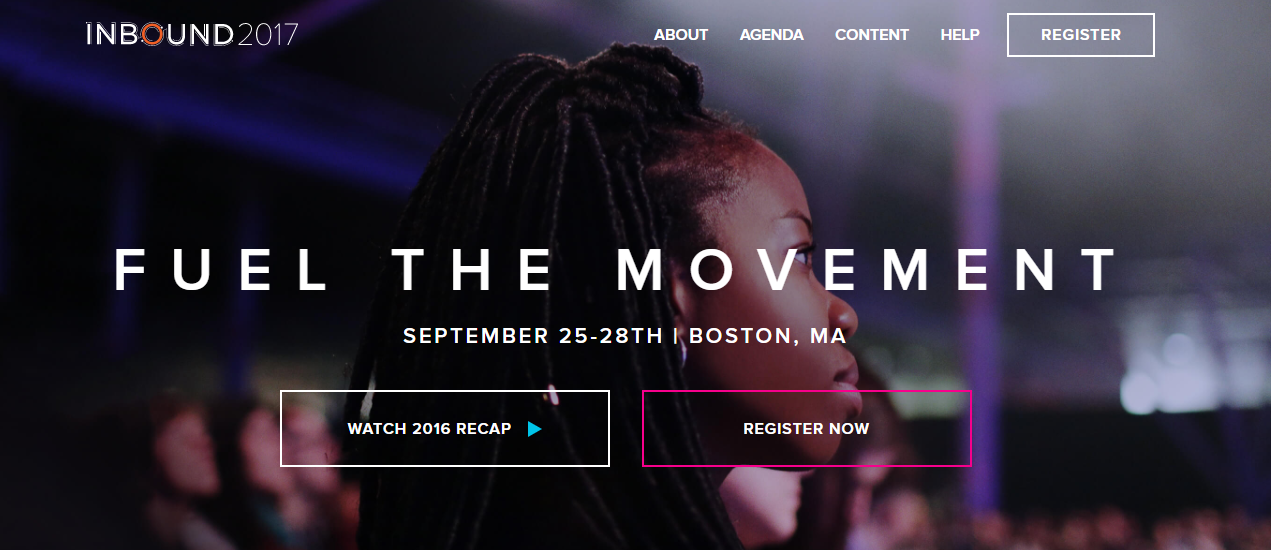

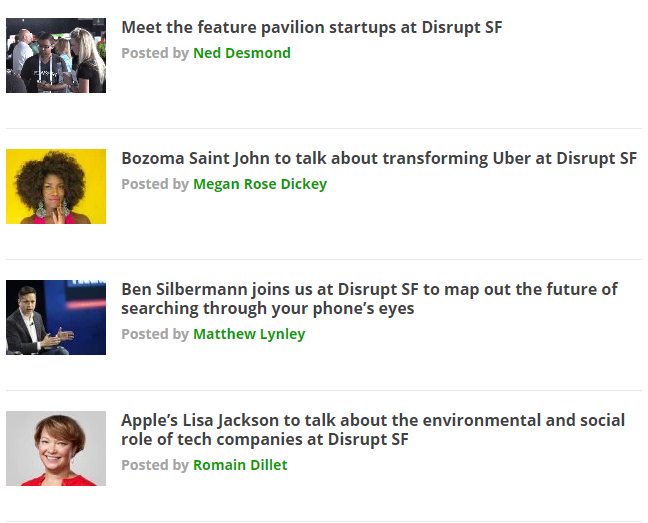
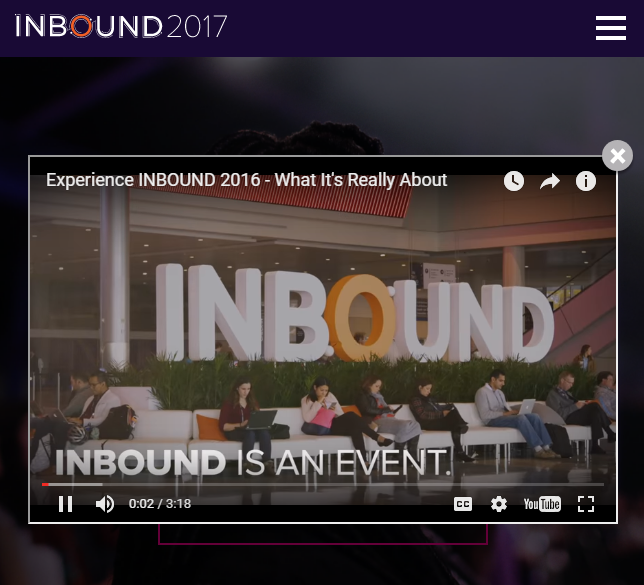
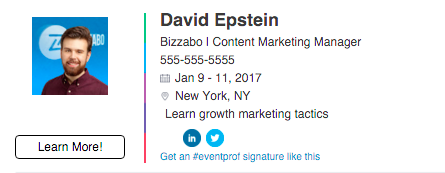
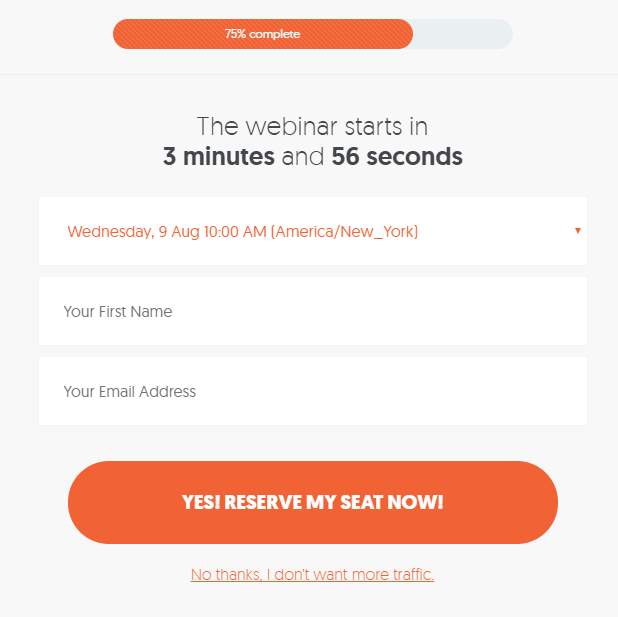
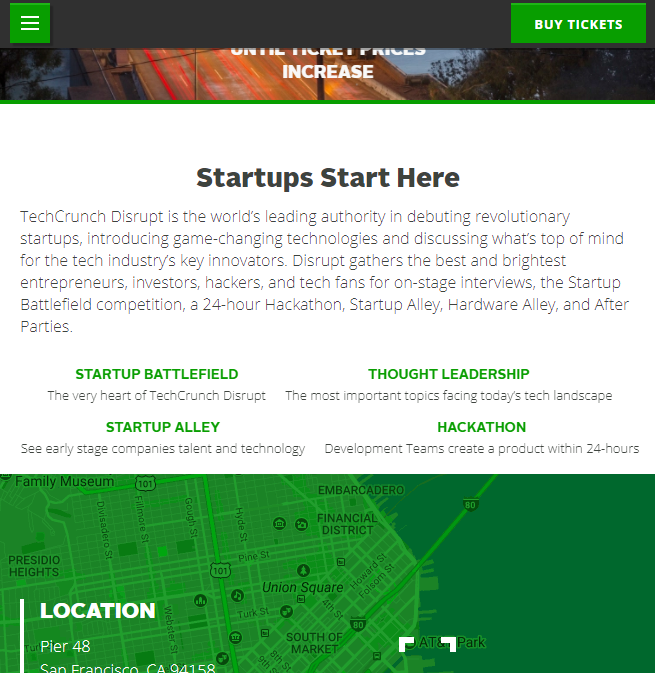
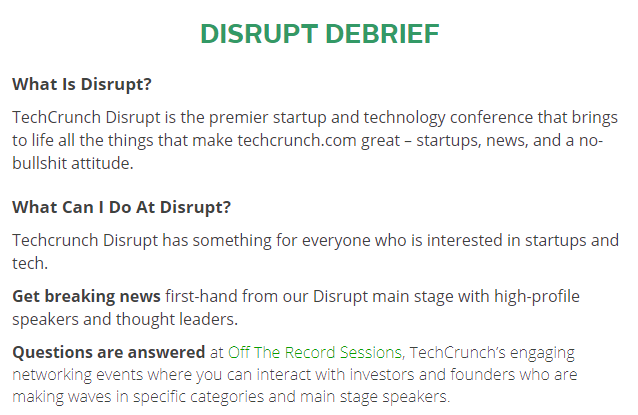
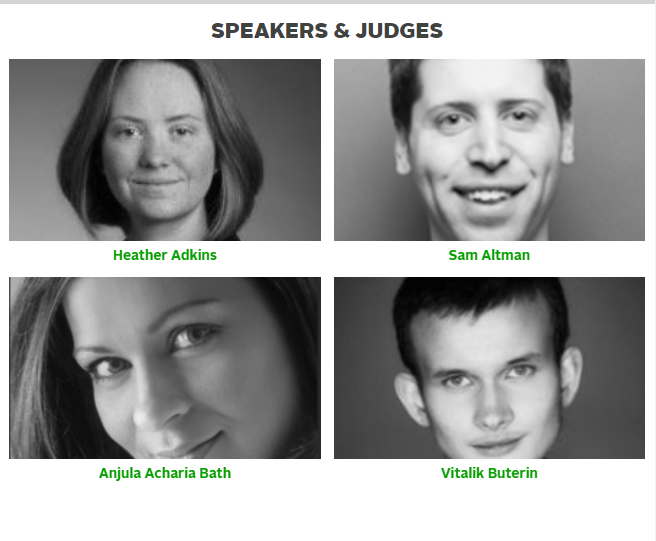
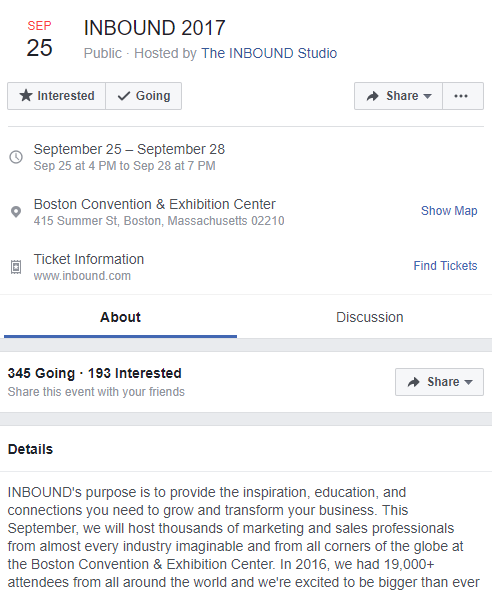
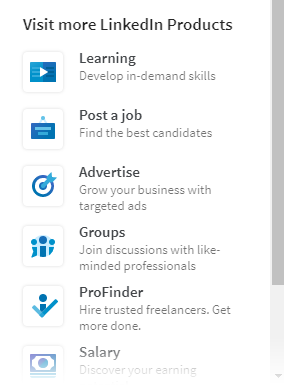
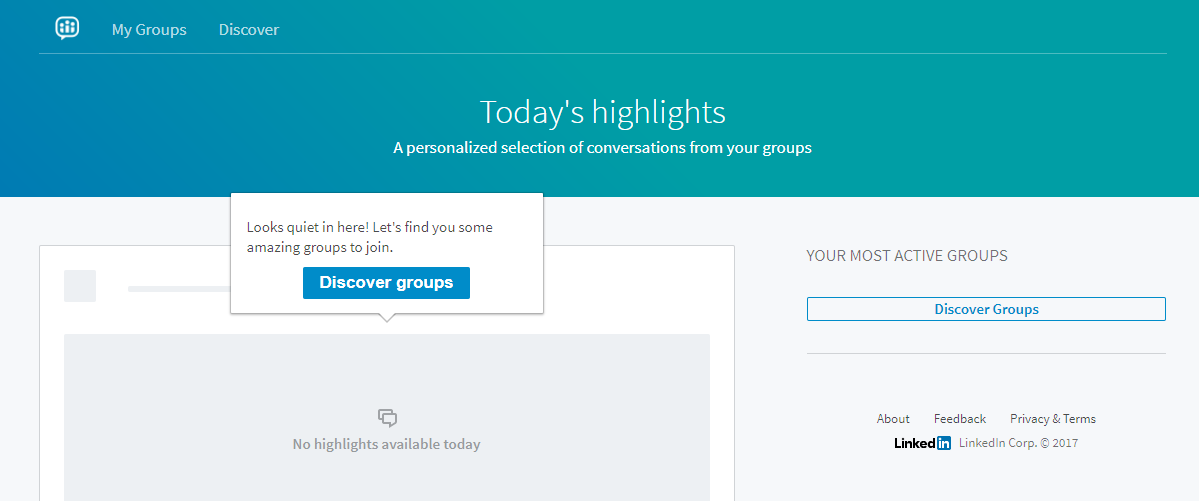
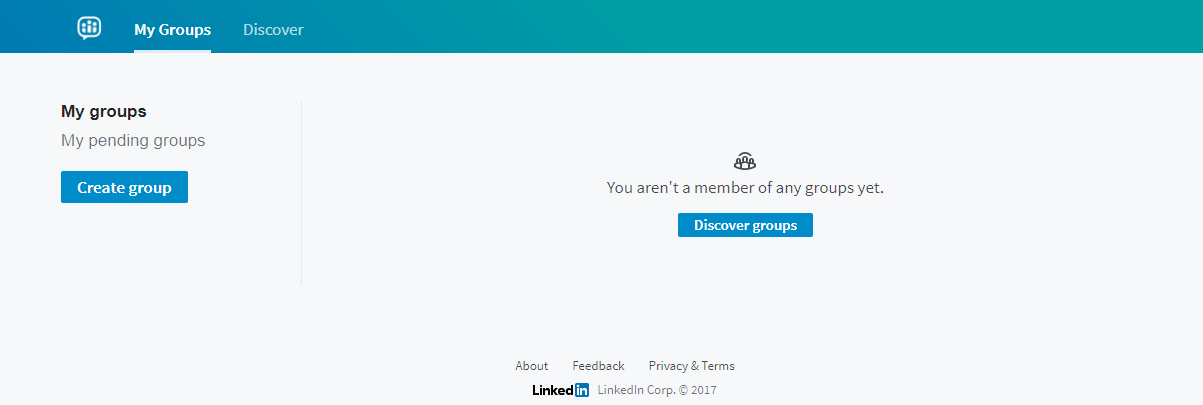
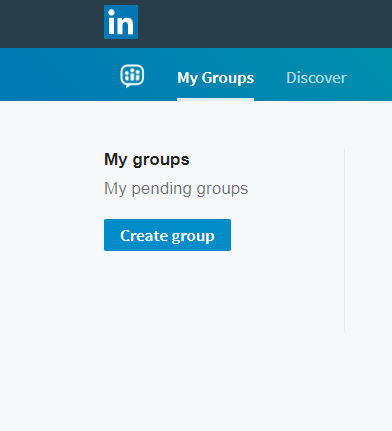
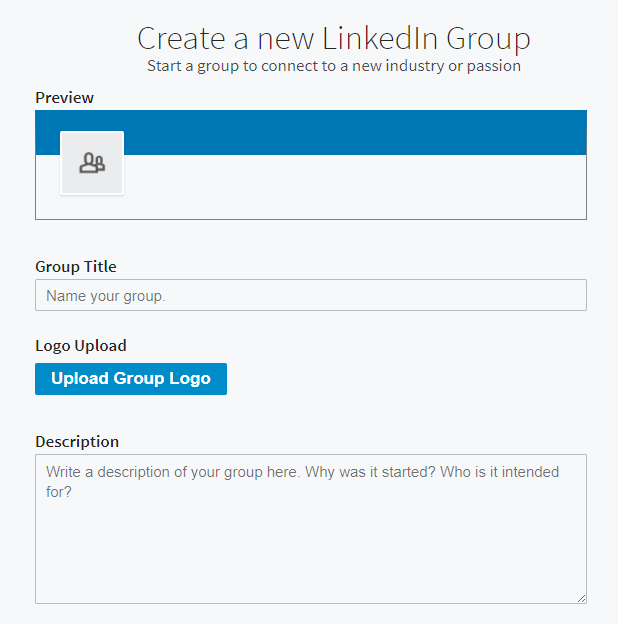
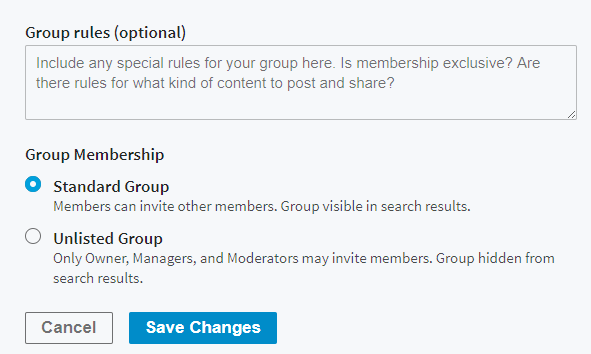
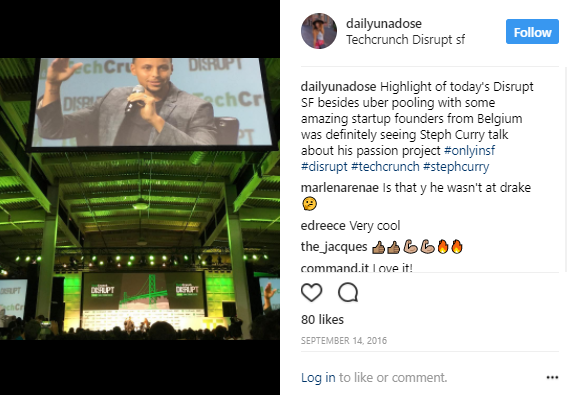
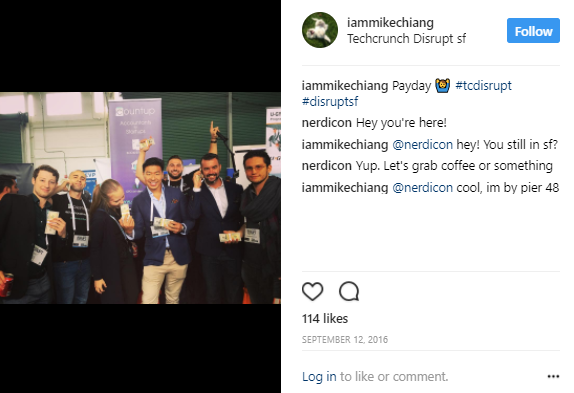
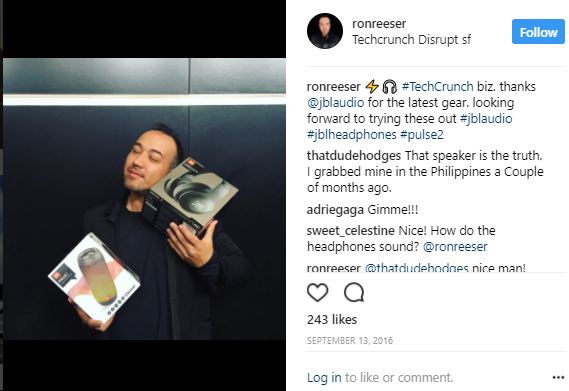
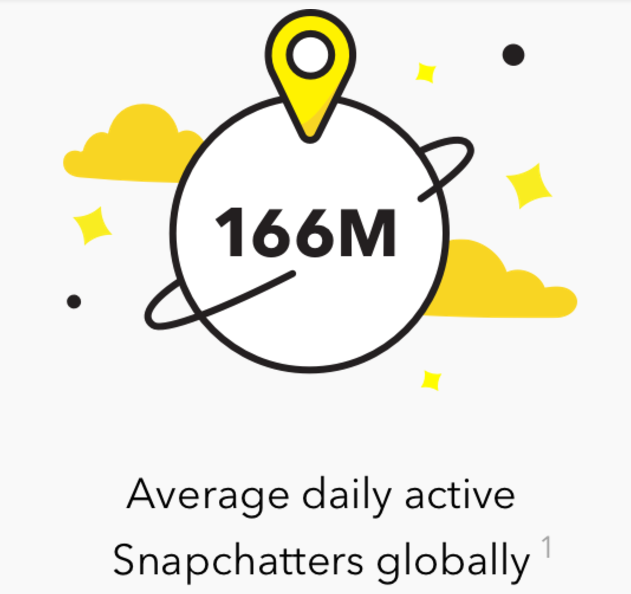
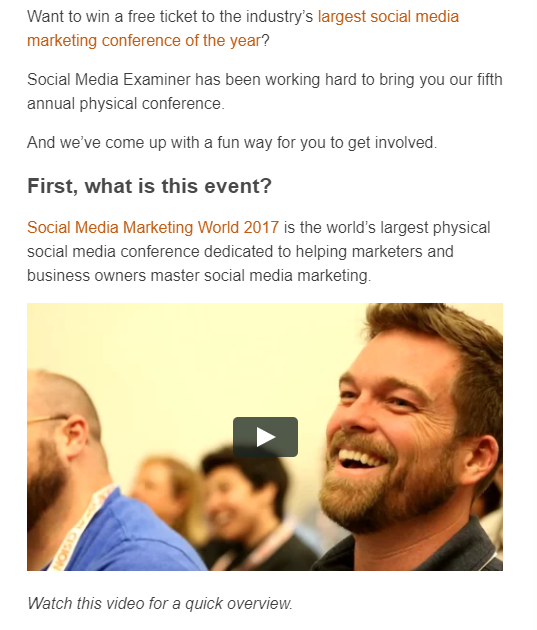
Comments (16)